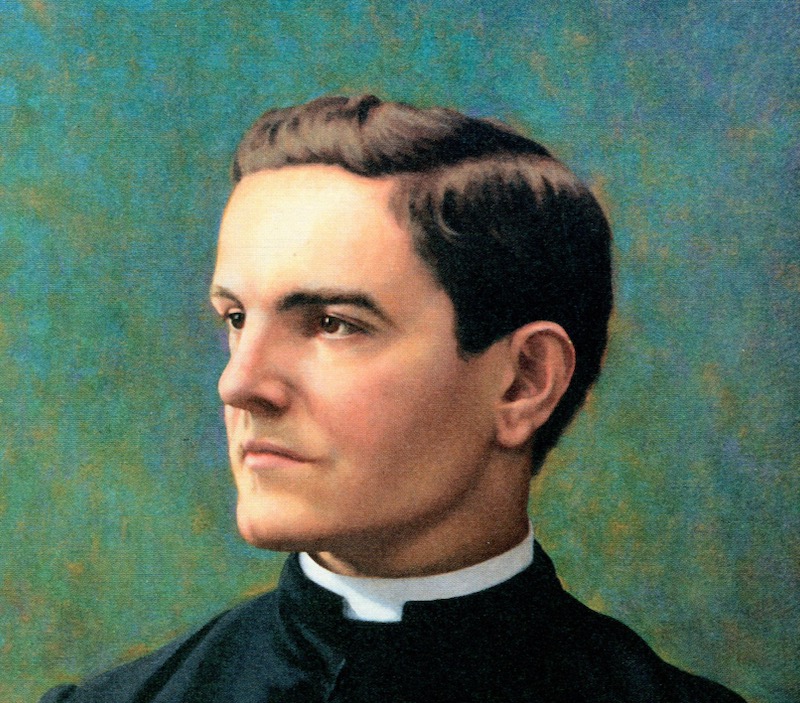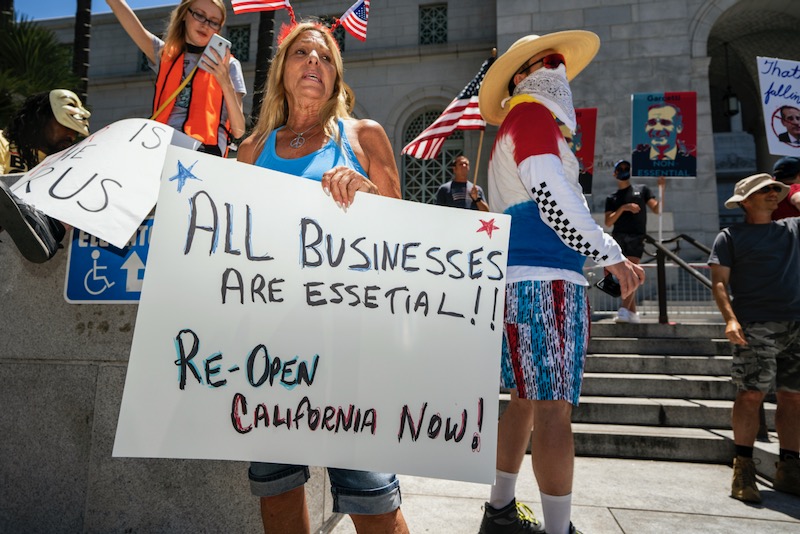The US Supreme Court ruled against the South Bay United Pentecostal Church in Chula Vista, California, which had asked the high court to overturn Governor Gavin Newsom’s decision to keep churches closed, even while he permitted certain retail establishments to reopen.
Chief Justice John Roberts joined the court’s four liberal justices in the 5-4 decision, which also refused a similar request from two Romanian-American evangelical churches in the Chicago area. The Romanian-American churches complained that while Illinois Governor JB Pritzker allowed them to reopen, they were limited to 10 persons at a time.
“Covid-19 pandemic is a national tragedy,” the California church’s filing stated, but that it “would be equally tragic if the federal judiciary allowed the ‘fog-of-war’ to act as an excuse for violating federal constitutional rights.” They urged the court to rule in their favour in advance of Pentecost on 31 May.
In both California and Illinois, the Catholic bishops were united in conforming to the guidelines set by their governors and only in Minnesota did a state Catholic conference challenge the governor, who later expanded his limits on public liturgies.
The Supreme Court ruled that the First Amendment right to free exercise of religion was not improperly restrained by the state government restrictions, given that the coronavirus has “no known cure, no effective treatment, and no vaccine”, Roberts wrote, explaining his vote. He noted that while banks and some stores were reopening, the situation of churches was more like that of a cinema or a concert hall, which remained closed. “The precise question of when restrictions on particular social activities should be lifted during the pandemic,” Roberts wrote, “is a dynamic and fact-intensive matter subject to reasonable disagreement.” He said the Constitution left such determinations to elected officials, not the courts.
Justice Brett Kavanaugh issued a three-page statement explaining his dissent. He said the churches “would suffer irreparable harm from not being able to hold services on Pentecost Sunday in a way that comparable secular businesses and persons can conduct their activities.” Justices Clarence Thomas and Neil Gorsuch signed the statement as well. Justice Samuel Alito dissented for unstated reasons.



 Loading ...
Loading ...